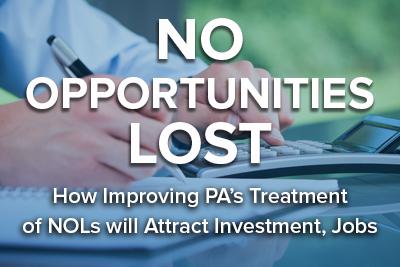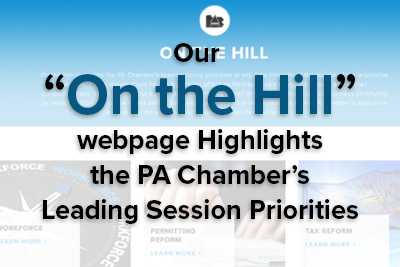The budget impasse that dominated much of the summer has moved closer to resolution, with the Senate returning to Harrisburg earlier this month to send the Fiscal Year 2023-24 General Appropriations bill to Gov. Josh Shapiro, who promptly signed it into law.
The budget process is not complete, however, and work reportedly continues, including on various code bills that accompany Pennsylvania’s annual budget legislation and direct how dollars are spent, as well as funding for state-related schools (i.e. Penn State, Pitt, Temple, and Lincoln) which still need to be agreed to and advanced through both chambers.
 Importantly, the General Appropriations bill provides necessary funding to schools as they begin a new year, and to counties and many health, social service and other nonprofit organizations.
Importantly, the General Appropriations bill provides necessary funding to schools as they begin a new year, and to counties and many health, social service and other nonprofit organizations.
While lawmakers work out the final budget details, the PA Chamber is focusing on the upcoming fall session and advancing policies to improve our state’s competitiveness. One key priority is business tax reform and building upon the success of the historic tax reform package enacted last year that lowered the Corporate Net Income Tax rate and provided important small business tax reform. An important next step is improving the treatment of Net Operating Losses, or the ability of employers to offset their CNI tax liability with losses from a previous year. PA is one of only two states that caps the amount of taxes that can be offset with NOLs below the federal limit – a major red flag to investment and a de facto tax on start-up companies, which are more likely to experience losses as they hire workers, invest in infrastructure and technology, and work to become profitable. Changing this standard would be especially helpful to these start-up companies and employers that operate in cyclical business, both of which are critical to local economies.
and work to become profitable. Changing this standard would be especially helpful to these start-up companies and employers that operate in cyclical business, both of which are critical to local economies.
As September approaches and the General Assembly reconvenes in Harrisburg, we’re also continuing to promote workforce development reforms that will help support employers and employees through ongoing childcare challenges, expanding the Clean Slate Law to help facilitate employment for those attempting to re-enter the workforce, and invest in on-the-job training to prepare today’s workforce for future job opportunities. We are also committed to efforts to streamline Pennsylvania’s permitting reform processes through pro-growth, bipartisan legislation. These efforts will encourage companies to locate here, help ensure projects can get underway and completed in a timely fashion, and make Pennsylvania a leader in innovation and infrastructure modernization.